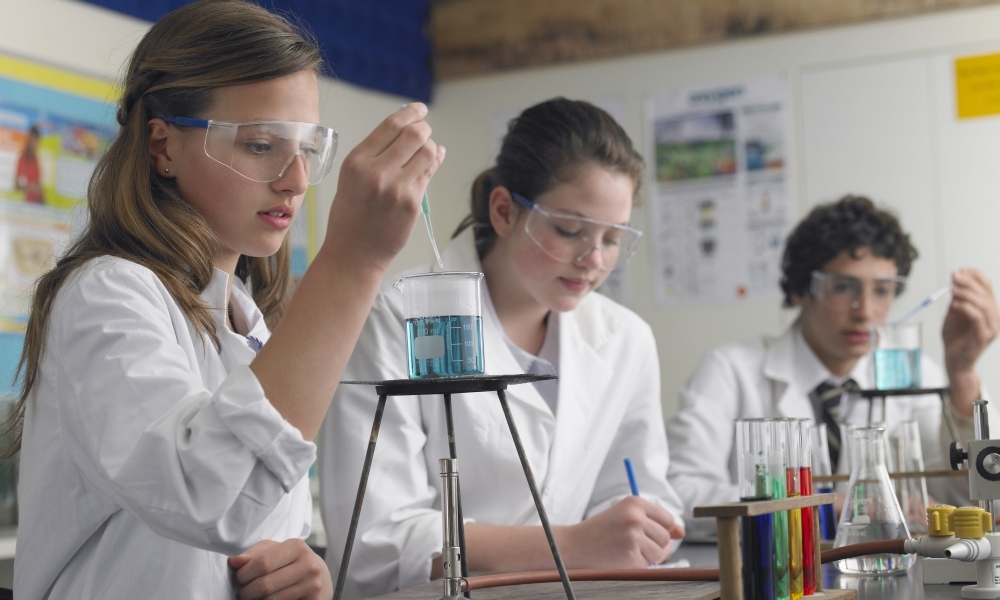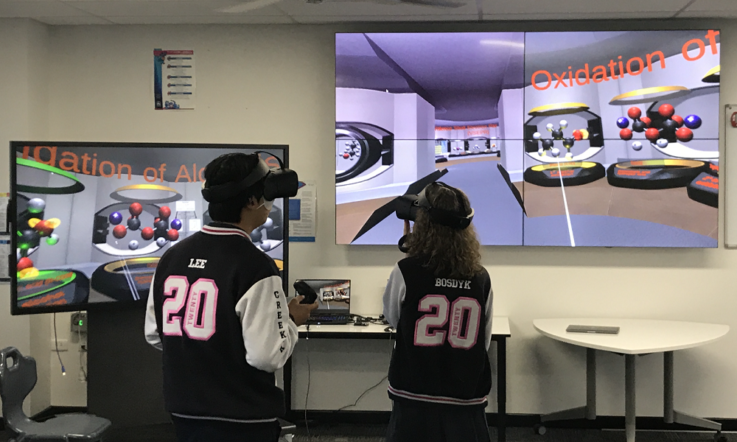Welcome to this month's edition of Researching education: Five further readings. In this series, we take a look at some further readings available on a particular topic, including open access research papers from various online databases, and Teacher archive content you might not have come across yet.
Australia’s national results for the 2019 Trends in International Mathematics and Science Study (TIMSS) will be released on 8 December 2020. The publication will be available in the ACER repository. Teacher will be covering the release of this report, but in the meantime, we are taking a look at science education in this edition of Researching education: Five further readings.
Here, you can read a report which examines TIMSS data to study the globalisation of the science curricula; an evaluation of 15 STEM-focused initiatives which were implemented by the Australian Government; and a resource for linking science with literacy.
- Enhancing the Training of Science and Mathematics Teachers: The enhancement–lesson–reflection process – A resource manual for science and mathematics learning and teaching. This resource can be accessed via the Cunningham Library Catalogue. The paper is from the Australian Department of Education and Training and provides a manual for teacher educators to use an enhancement–lesson–reflection process with pre-service teachers. 'How can a teacher educator enable large groups of pre-service teachers to gather and practice the teaching skills they will need to create and manage problem-solving classrooms? The enhancement–lesson–reflection (ELR) process is designed for this purpose. It is flexible enough to adapt to the people, resources, times and contexts in universities and schools,’ the report reads. You can access more resources on science education in the Cunningham Library Catalogue here.
- Barriers Inhibiting Inquiry-Based Science Teaching and Potential Solutions: Perceptions of Positively Inclined Early Adopters. This report, published in the Research in Science Education journal, looks at the experiences of over 30 secondary school teachers who were implementing inquiry-based pedagogies in their science classrooms. Researchers conducted interviews with these educators and found a number of common barriers to implementation. They related to time restrictions, professional development experiences and lack of resources. This resource can be found in EdResearch Online, an online database that contains hundreds of articles from Australian education journals, some of which are open access. You can access the resources which are available on science education here.
- Primary Connections – Linking Science with Literacy. The Australian Academy of Science’s program, Primary Connections, is all about linking science with literacy for students in primary schools. At their website, you can access a range of professional learning (including workshops, online learning and videos), resources that are available for download, and a range of evidence-based pedagogy approaches.
- Evaluation of Early Learning and Schools Initiatives in the National Innovation and Science Agenda. In this paper, an evaluation of 15 STEM-focused initiatives in education – which were introduced by the Australian Government in 2015 – is presented. The overall findings were positive, with the review team finding that the initiatives effectively reached their target audience, and most achieved their objectives by increasing STEM confidence and engagement in students.
- The Globalization of the Science Curricula. From the International Association for the Evaluation of Educational Achievement (IEA), this paper examines the evidence for the globalisation of the science curricula by looking at TIMSS data. Understanding whether and why there have been identifiable global changes resulting in a putative international core curriculum may reveal which strategies and topics countries have recognized as supporting future skills and knowledge,’ the paper reads.
The Cunningham Library membership is open to individuals, schools and organisations. Membership includes access to a comprehensive collection of education research literature; weekday alerts to a selection of Australian education news; fast supply of articles and books from the collection; support in finding research; and an integrated online search tool that works across all our resources.
To become a library member, visit the website.
Stay tuned: Teacher will be bringing you the news of the TIMSS report when it is released next week. Sign up to the Teacher bulletin by following the prompts on our home page to make sure you never miss a story.



